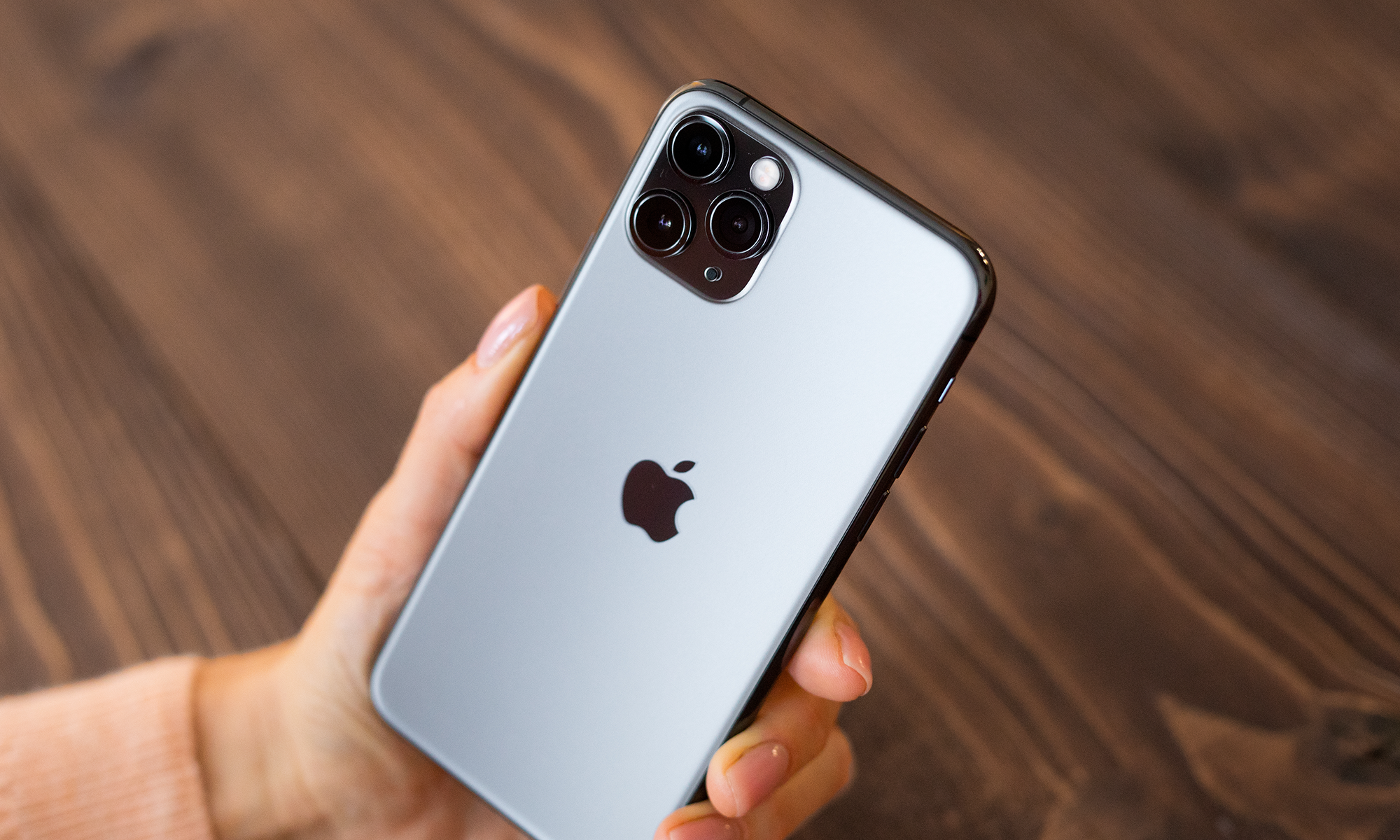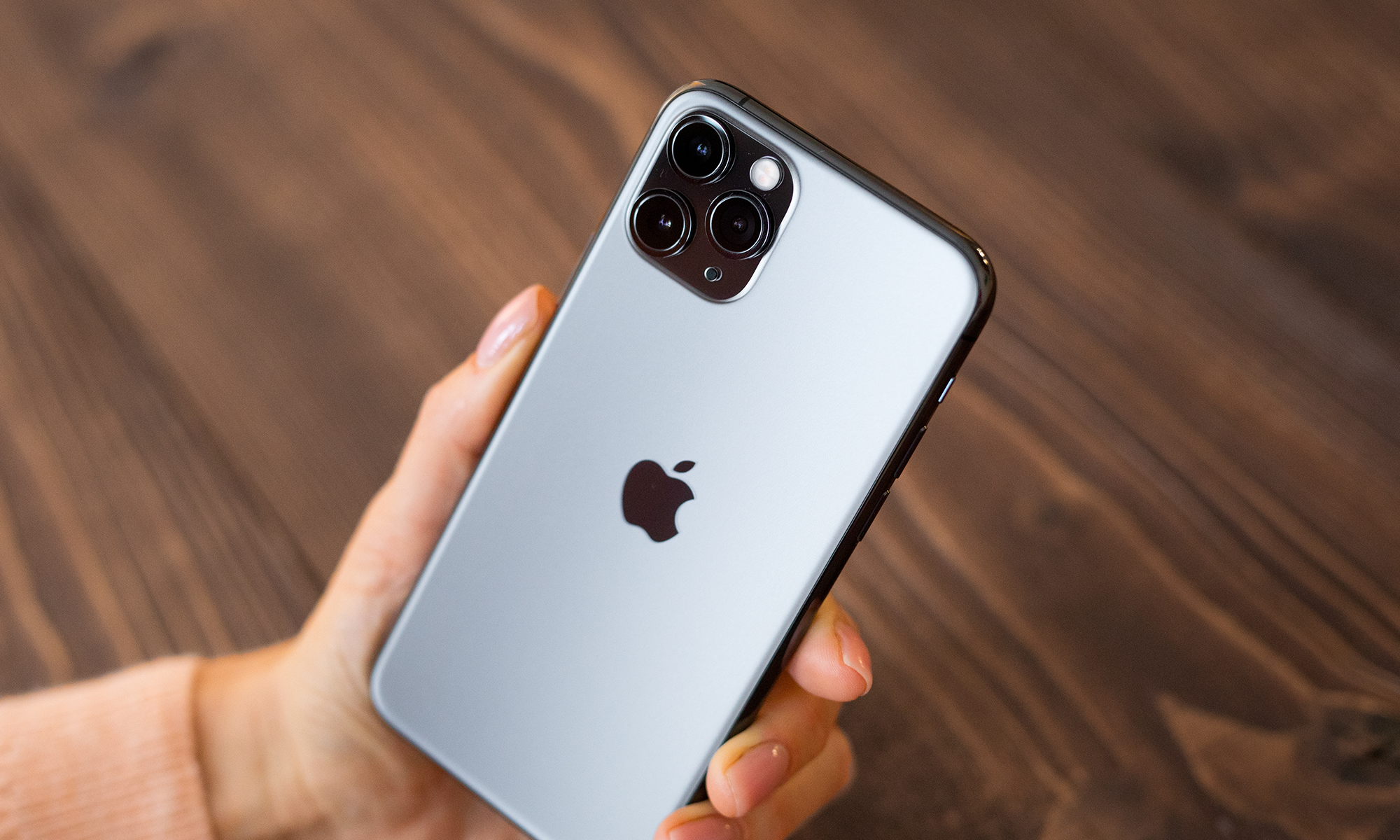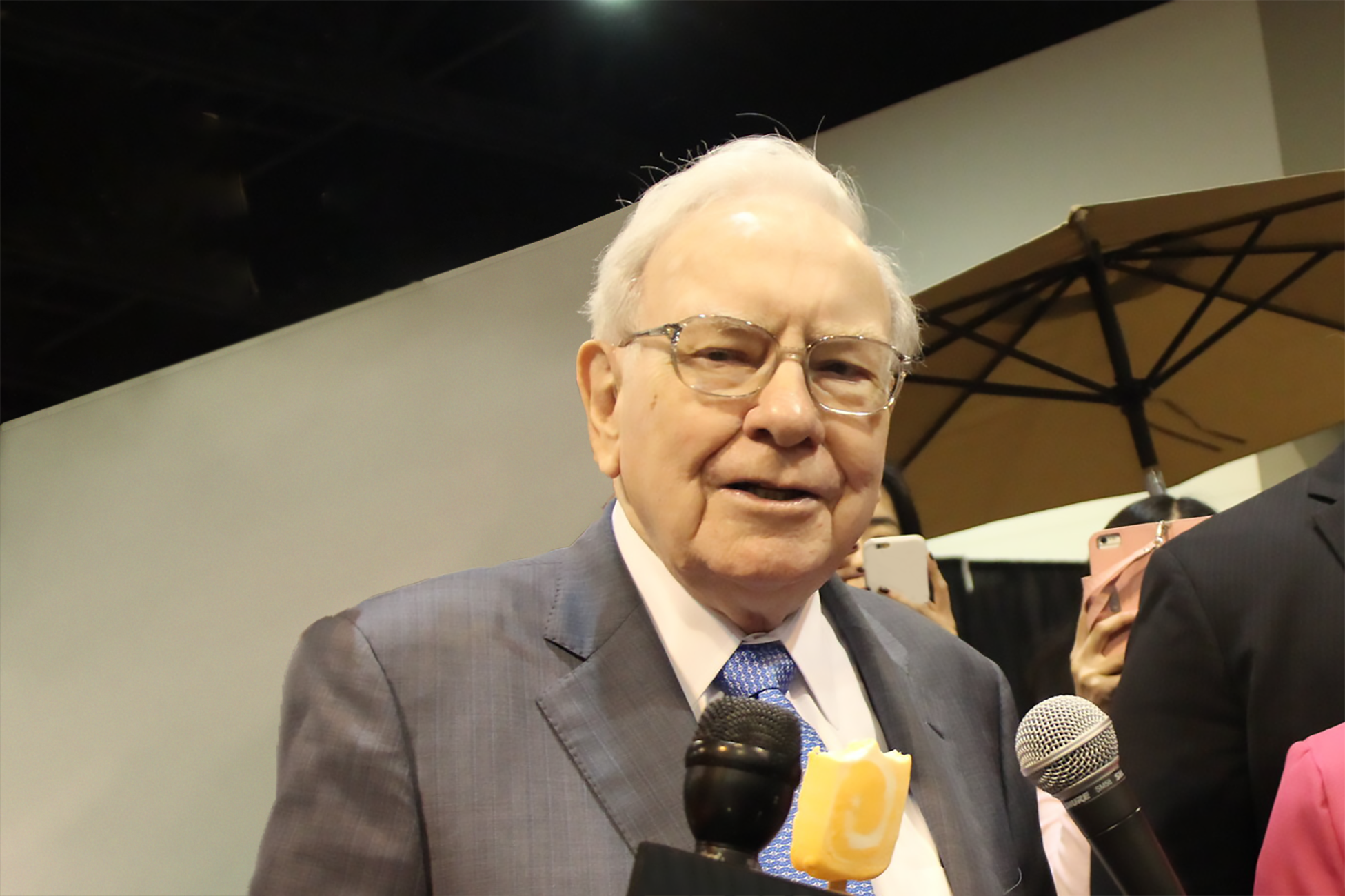Domestic carrier iPhone activations have proven to be a useful tool for Apple (AAPL 0.71%) investors. The figures are inexact on a quarterly basis, which became apparent after Apple directly disclosed domestic iPhone sales for the first time ever last year in a court filing. However, in the long term, the differences smooth out and the discrepancy averages out to about just 1%, so the aggregate total of carrier activations does provide a fairly good proxy for domestic iPhone sales.
Investors can no longer count on getting this useful data point, as Apple's biggest domestic carrier partner has just decided to stop showing Apple's cards. AT&T (T +4.65%) will no longer disclose iPhone activations. It had provided the digits for years.
Ma Bell did say last night that it activated an impressive 6.8 million total smartphones, a notable increase sequentially from the 6 million activated last quarter. When pressed about the mix on the conference call, CFO John Stephens said, "Our smartphone sales of 6.8 million, and I think we have disclosed that we had a record Android sales, but we are not giving the specific iPhone number."
In comparison, Verizon Wireless provided iPhone figures last week, and Big Red's 3.8 million iPhones (out of 7.5 million total smartphones) were the first indication that Apple would report strong iPhone units this quarter. Sprint reports later this month, and it's unclear whether or not the No. 3 carrier will disclose iPhone units.
Leap Wireless got the iPhone last year, but has never disclosed units. Leap is in the process of being acquired by AT&T, even as it's short on its iPhone purchase commitment with Apple.
T-Mobile also just got the iPhone last quarter, and reported some early figures in its first release after closing its merger with MetroPCS. AT&T mobile chief Ralph de la Vega did acknowledge that the company saw slowing iPhone sales as a result of T-Mobile getting the iPhone, much like it saw before when Verizon and Sprint added the device to their lineups.
AT&T's new lack of disclosure is particularly frustrating since the carrier activates the most iPhones domestically. Without AT&T, investors will have a much harder time gleaning information on how the iPhone is doing stateside.









